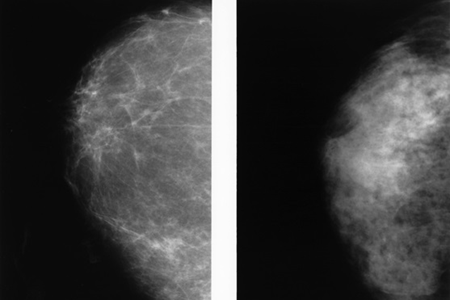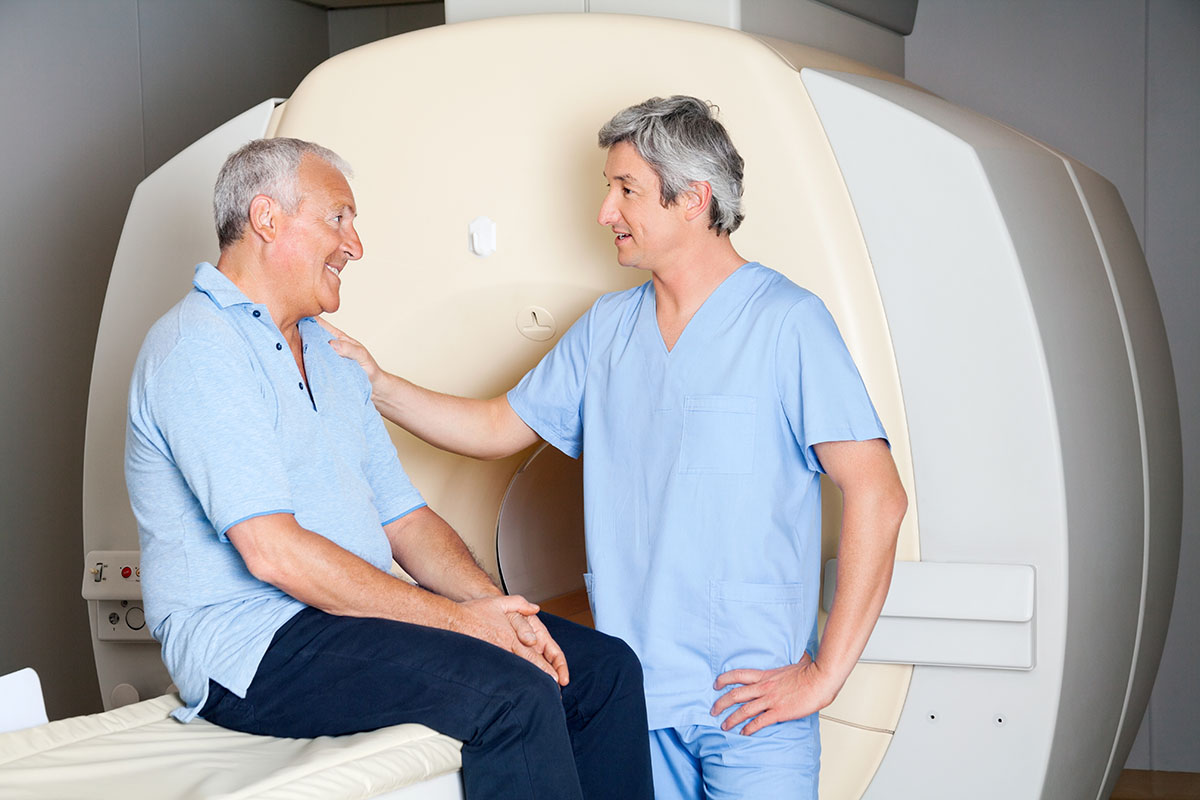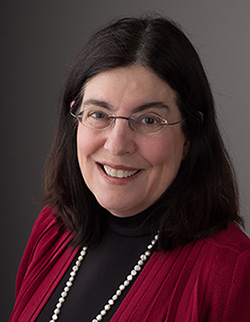
Trial Results: A 10-minute MRI proves useful in women with dense breasts at average risk of developing breast cancer
October 2, 2020
Now Enrolling: The EA2185 trial is comparing two standard methods to follow patients with non-cancerous cysts in the pancreas
October 2, 2020Ongoing Trial: In the TMIST mammography trial, nearly 20% of the volunteers are Black women, thanks to a successful recruitment strategy

The Tomosynthesis Mammographic Imaging Screening Trial (TMIST) has recruited more than 30,000 women at mammography clinics around the world to date—mostly in the US and a few international locations. An unheard-of portion of the volunteers at the 92 US sites—nearly 20%—are Black and African American women. The COVID pandemic did affect recruitment during the CDC-recommended spring and summer shutdown of cancer screening nationwide. However, the trial has recovered from that setback. The 100 participating sites are on target to recruit over 1,300 women in September. Another 100 sites are preparing to join the study.
TMIST is the first randomized controlled trial that seeks to evaluate the ability of 3-D mammography to find more of the aggressive, life-threatening types of breast cancers, by comparing it to standard digital mammography.

“TMIST will show if tomosynthesis finds more of the cancers most likely to kill women,” says Etta D. Pisano, MD, principal investigator of the TMIST, pictured. “We have been using digital mammography for a long time, but we haven’t fully compared it to 3-D technology, which was first approved by the FDA in 2011.”
Minority women are often under-represented in breast cancer screening trials. TMIST trial leaders and clinical staff are working hard to ensure racial, ethnic, and geographic diversity among volunteers so that the trial results apply to all women. The trial is widely available through the National Cancer Institute’s (NCI) two clinical trial networks—the National Clinical Trials Network (NCTN) and the NCI Community Oncology Research Program (NCORP). Both are excellent networks to achieve diversity goals.
The TMIST recruitment and patient materials are available here in Spanish, Chinese Simplified, and Korean.
“TMIST is very important for under-represented women because there is a higher mortality rate in individuals in these populations,” explains Dr. Edith Mitchell, chair of ECOG-ACRIN’s Health Equity Committee.
Dr. Mitchell leads one such effort to educate Black and African American women and make them aware of the opportunity to participate. Watch the video here.
Participating sites are doing their part as well.
At the Boston Medical Center, more than half of the women participating in TMIST are Black or African American because they comprise a large part of the local population this hospital serves. The center also serves many women who speak a language other than English. This trial team provides its staff with cultural sensitivity training, translated consent documents for patients, and a short consent form for rarely seen languages.
“Managing the accrual process for African Americans and other minority women requires culturally sensitive skills,” notes Salli Fennessey, BS, CCRP, who oversees the TMIST trial at Boston Medical Center. “Many women have not been offered 3-D mammography before, or the opportunity to participate in a clinical trial. Registration will take longer because of language and cultural differences, but that doesn’t matter. We’re making sure we provide these patients the opportunity to be in the trial.”
No Secrets about the Success of Enrolling African American Women at Boston Medical Center in TMIST Read Article
Metro LA, a city of about one million residents within the megacity of Los Angeles, is one of the most fruitful locations in the nation to recruit Hispanic women for a major mammography clinical trial. More than half of its residents are Latino, speak Spanish, and live by the rhythms of a Hispanic culture.
Two major medical centers serve Metro LA. One is the combined Los Angeles County and University of Southern California (USC) Medical Center, known as the LAC+USC Medical Center (LAC+USC). At LAC+USC, 86% of trial participants are Hispanic, with many of Mexican descent. Others have family ties to Central and South America. Much of the credit of this successful recruitment goes to the clinical research coordinator Melissa Perkins. Her fluency in Spanish and her Hispanic background serve the program well. She grew up in a multi-ethnic household with a Mexican mother who taught her to speak Spanish.
“My Mexican heritage is an asset,” Perkins said in an interview. “It helps make connections. I’m a little more relatable with Hispanic patients because of it.”
Accruing to TMIST in Los Angeles’s Hispanic Community Read Article
Dr. Etta Pisano, the lead investigator of TMIST, provides an overview of the trial. Watch the video here.
Learn more about TMIST and the locations where the trial is available, at ecog-acrin.org.

